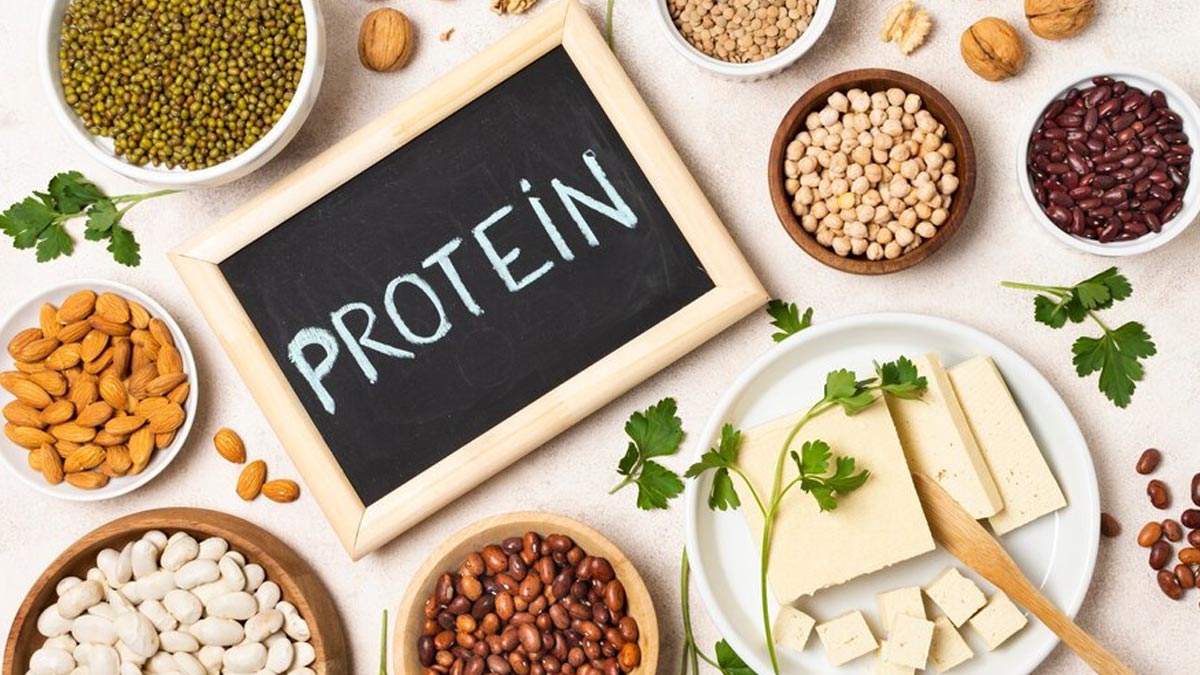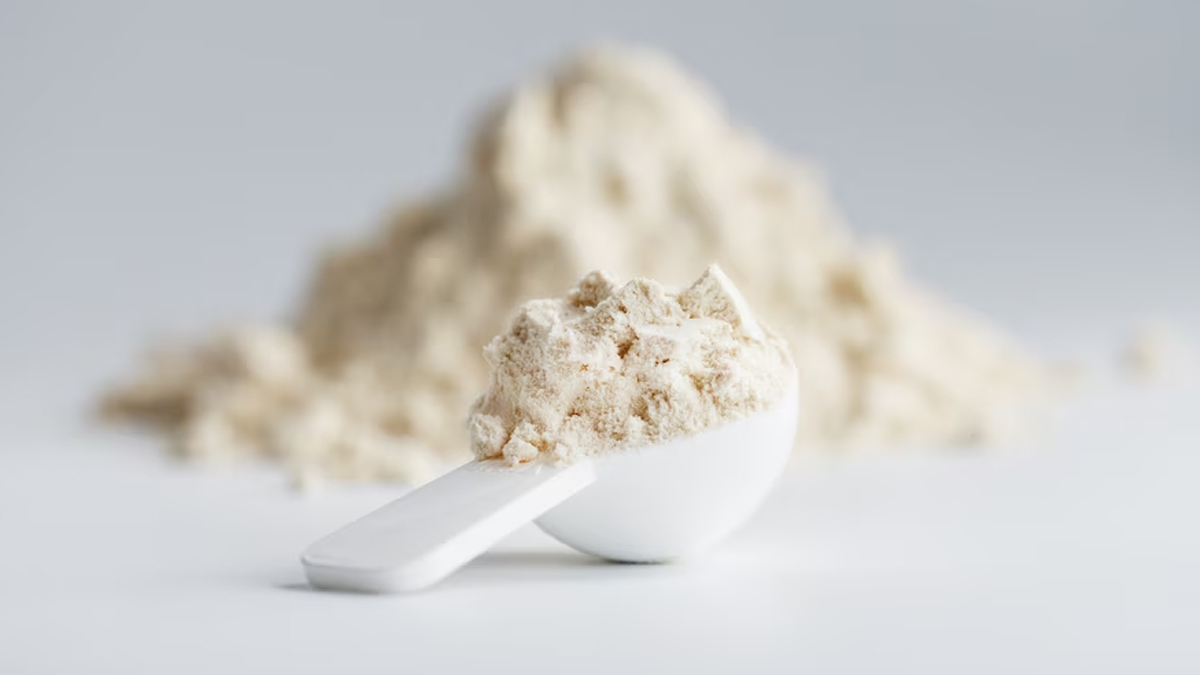
Protein is an essential nutrient that plays a crucial role in building and repairing tissues, supporting immune function, and producing hormones and enzymes. However, consuming too much protein can have adverse effects on your health.
Table of Content:-
Before diving into the side effects, it's essential to understand your daily protein requirements. The recommended dietary allowance (RDA) for protein varies based on factors such as age, sex, activity level, and overall health. Generally, the RDA for protein is around 0.8 grams per kilogram of body weight for adults according to Harvard Health. However, athletes and individuals engaged in intense physical activity may require higher protein intake.
Here are the side effects of eating excessive amounts of protein and provide recommendations for maintaining a balanced diet.

Kidney Strain
One of the primary concerns with consuming too much protein is the strain it can put on your kidneys. As per researchers from the University of California Irvine, excessive protein intake can lead to an increase in nitrogenous waste products, such as urea and creatinine, which must be filtered by the kidneys. Over time, this can contribute to kidney stress and potentially lead to kidney damage, especially in individuals with pre-existing kidney conditions.
Dehydration
High-protein diets may increase water loss through urine, leading to dehydration if adequate fluid intake is not maintained. Dehydration can negatively impact overall health and athletic performance.
Digestive Issues
A Chinese study revealed that consuming excessive protein, especially from sources high in saturated fats, can lead to digestive discomfort such as bloating, gas, and constipation. It may also increase the risk of developing conditions like irritable bowel syndrome (IBS) or exacerbate existing digestive issues.

Nutritional Imbalances
Focusing too heavily on protein consumption may lead to nutritional imbalances, as other essential nutrients like carbohydrates, fats, vitamins, and minerals may be neglected. A well-rounded diet that includes a variety of food groups is crucial for overall health and wellness.
Bone Health Concerns
Some studies including one published in the journal ‘Nutrition Today,’ suggest that very high protein intake may leach calcium from bones, potentially affecting bone density and increasing the risk of osteoporosis, especially in older adults.
Balancing Your Protein Intake
To avoid the side effects of eating too much protein, it's important to maintain a balanced diet that includes a variety of nutrient-dense foods. Here are some tips for balancing your protein intake:
- Choose Lean Protein Sources: Opt for lean protein sources such as poultry, fish, legumes, tofu, and low-fat dairy products. These options are lower in saturated fats and can help reduce the strain on your kidneys.
- Monitor Portion Sizes: Pay attention to portion sizes and aim to include protein in each meal without overdoing it. Use recommended serving sizes as a guide.
- Include Plant-Based Proteins: Incorporate plant-based protein sources like beans, lentils, quinoa, nuts, and seeds into your diet. Plant-based proteins offer various health benefits and are typically lower in saturated fats.
- Stay Hydrated: Drink an adequate amount of water throughout the day to prevent dehydration, especially if you're consuming a higher-protein diet.
- Consult a Nutrition Professional: If you're unsure about your protein needs or how to balance your diet, consider consulting a registered dietitian or nutritionist for personalised guidance.
While protein is an essential nutrient for overall health, consuming too much can have negative consequences. By maintaining a balanced diet, choosing lean protein sources, monitoring portion sizes, and staying hydrated, you can avoid the side effects associated with excessive protein consumption and support your overall well-being.
Remember, moderation and variety are key components of a healthy and sustainable diet. Prioritise a diverse range of nutrient-rich foods to optimise your nutritional intake and promote long-term health.
Also watch this video
Read Next
Promoting Respiratory Health Naturally: Expert Lists Dietary Practices For A Lung-Healthy Diet
How we keep this article up to date:
We work with experts and keep a close eye on the latest in health and wellness. Whenever there is a new research or helpful information, we update our articles with accurate and useful advice.
Current Version